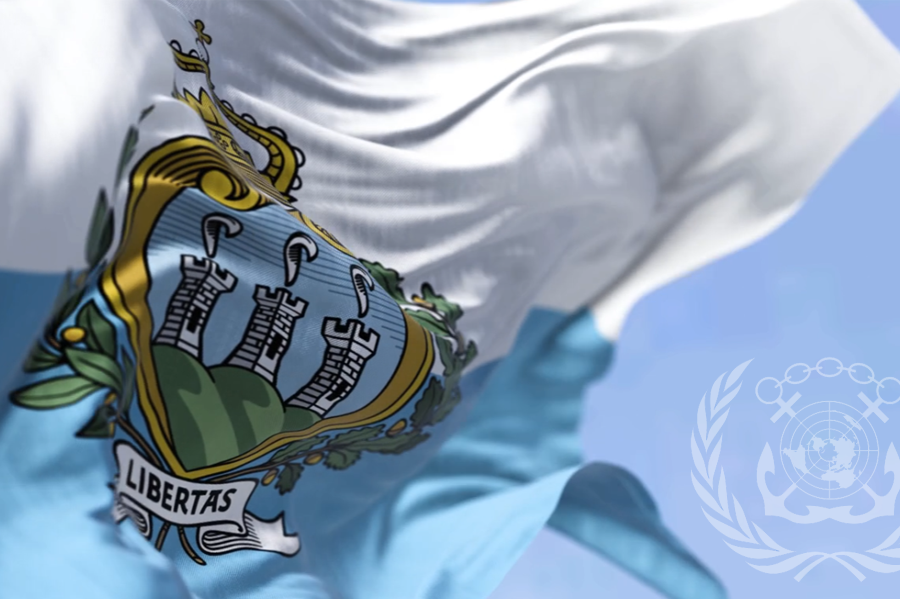The convention guarantees rights and access to marine resources for the landlocked republic
Republic of San Marino, July 31st, 2024 – San Marino is the 170th country to ratify the United Nations Convention on the Law of the Sea (UNCLOS). As a Member State of the International Maritime Organisation IMO since 2002, the country has ratified all relevant international conventions which regulate the activities of flag states in terms of safety, security, and environmental protection.
The UNCLOS convention recognises the right for landlocked countries to benefit, together with coastal states, from the common marine resources of their region. Moreover, it establishes free access to the high seas to all states, with freedom of navigation and to carry out activities allowed by international law, including overflight, fishing, research, the laying of submarine cables and pipelines, as well as the building of artificial islands and other installations. In order to implement this, article 90 of the Convention establishes the right of every state, whether coastal or landlocked, to sail ships flying its flag on the high seas. The high seas are declared common heritage of humanity, and the exploitation of marine resources is regulated via an International Seabed Authority beyond national jurisdiction.
“The Convention on the Law of the Sea confirms equal treatment of all countries in the international community, including landlocked countries, when it comes to the exploitation of resources in the high seas.”
Marco Conti, Director General – San Marino Civil Aviation and Maritime Navigation Authority
“We fully intend to exercise our rights and develop a strong maritime culture in San Marino, which oversees the Adriatic from the Monte Titano.”
Domenico Gianluca Miliziano, President – San Marino Ship Register
About San Marino Ship Register
The Republic of San Marino has been a member of the IMO since 2002 and has ratified all major maritime international conventions. In 2021, San Marino Ship Register has stepped into an active role in the maritime sector, launching the registration of pleasure and commercial vessels to an international audience.


